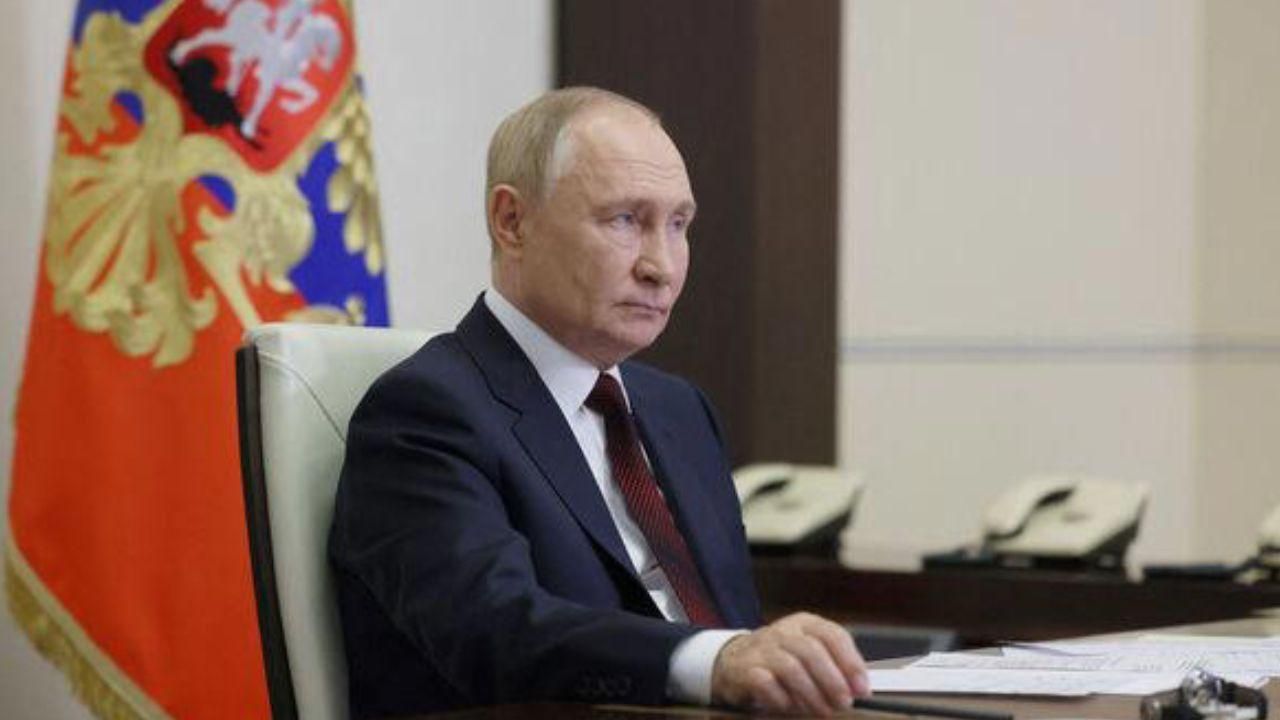The windfall tax and sanctions severely damaged the North Sea earnings of the oil behemoth owned by the Kremlin, Gazprom. The Russian government owns Gazprom UK, whose pre-tax earnings dropped from 45 million euros (£37.6 million) in 2022 to just four million euros (£3.3 million) in 2023.
Via a Dutch subsidiary, the corporation distributed 1.7 million euros (£1.4 million) in dividends to its Russian parent, which represents a decrease from 41 million (£34 million) the year before.
Gazprom UK has been producing gas from the Sillimanite field - spread across British and Dutch waters - since 2020 under a joint venture with German company, Wintershall.
However, it announced plans in March to sell down its stake, two years after Putin's invasion of Ukraine sparked a wave of Western sanctions that have crippled the country's exports.
The figures come as a report published this summer by the company's leaders issues an 11-year warning to the Russian despot, as it's been predicted that revenues were unlikely to surpass pre-war levels for at least a decade, with gas exports to Europe barely reaching a third of pre-war levels by 2035.
The company's UK subsidiary had been benefiting from a surge in energy prices as a result of the war, which helped the company, Russia's biggest taxpayer, to send millions to the Kremlin in 2021 and 2022.
The UK accounts, filed a day late, were published months after its parent company suffered its first annual loss in over two decades, amid dwindling gas trade with Europe.
"The decrease in profits is primarily due to a decrease in production volumes," the UK company reported.
The accounts also reveal that most of the company's profits were eroded by the energy profits levy introduced by Rishi Sunak when he was chancellor, with payments totalling £2.9 million since the tax was implemented in May 2022.
As Russia continues to struggle in financing the war, Putin has also imposed an additional production tax on Gazprom in Russia until 2025.
Gazprom has been one of Russia's most powerful companies since the collapse of the Soviet Union, but the new findings highlight a dramatic decline.
"The main consequences of sanctions for Gazprom and the energy industry are the contraction of export volumes, which will be restored to their 2020 level no earlier than in 2035," the report claimed.








.svg)



